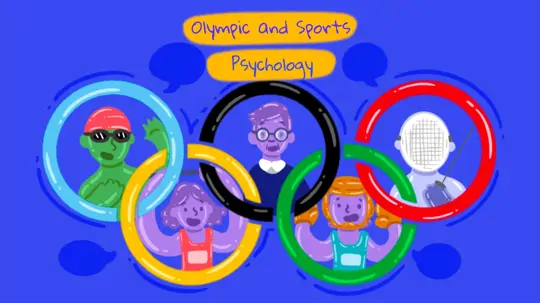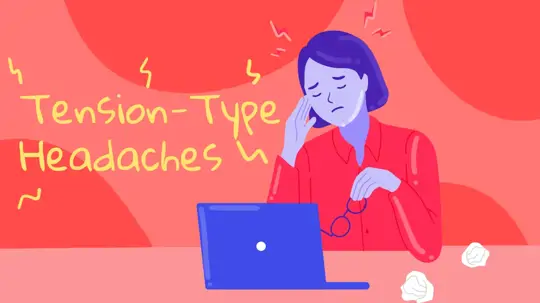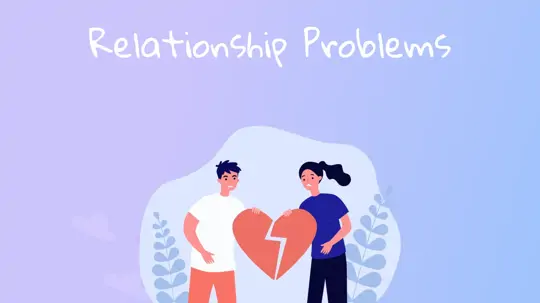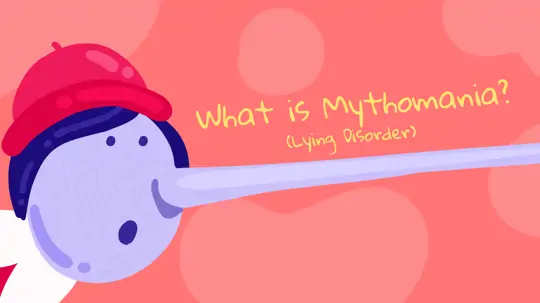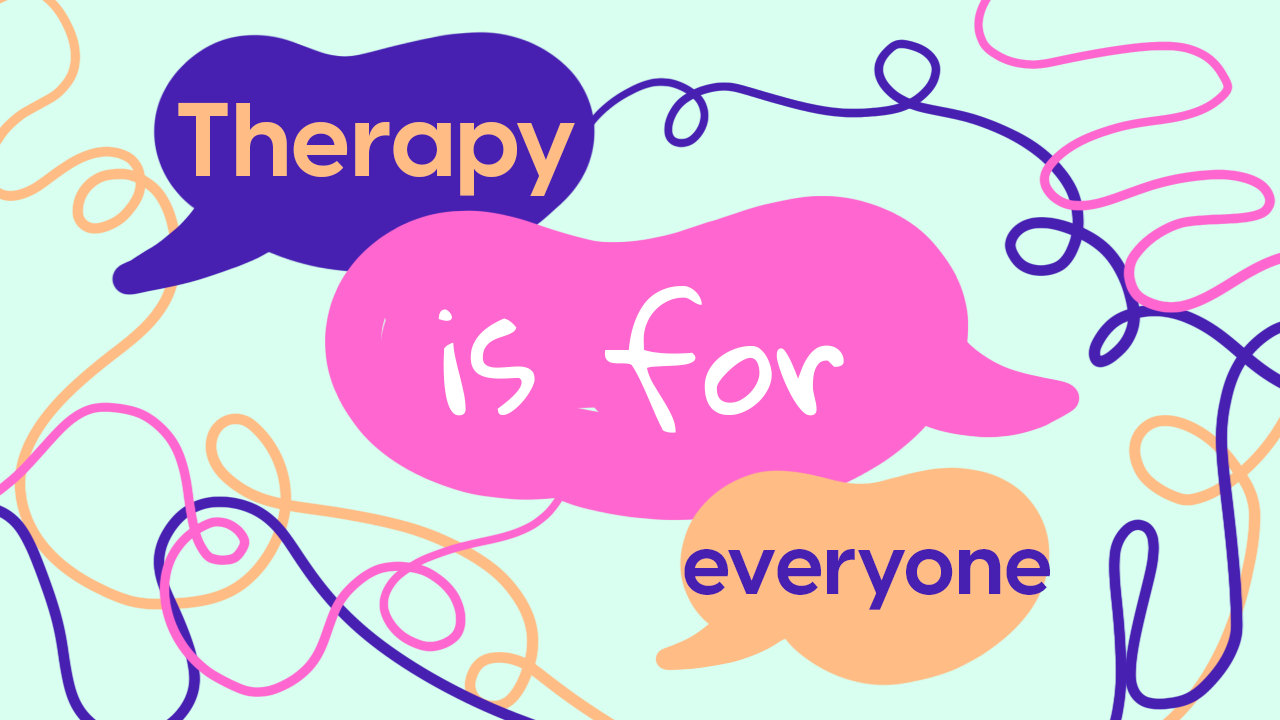
Start feeling better today!
Connect with your therapist today and take control of your life like our 850.000 happy clients.
Get StartedTherapy is For Everyone
Psychotherapy is a form of relationship that increases the quality of life and happiness of everyone, whether they have a clear problem or not, and enables them to know themselves and make peace with themselves.
Because the concepts of mental health and well-being are not physically visible, we may sometimes think that psychotherapy is only for people who have problems.
"Who is therapy for?" we may wonder, or "I'm okay. Why would I go to therapy?" we can say, but you don't have to be sick or you don't need to have problems to benefit from therapy. You don't have to be going through a crisis. Psychotherapy is a form of relationship that increases the quality of life and happiness of everyone, whether they have a clear problem or not, and enables them to know themselves and make peace with themselves.

Feeling Stuck
We all feel lonely from time to time and stuck in situations we don't want to be in. We can feel stuck in many areas of our lives, such as work, family, social environment, and school. However, as long as we maintain our functionality, that is, as long as we continue to live in some way, we tend to consider them as short-term and unimportant issues.
For example, while we may believe that we will live happily ever after with a good career and environment, we may find ourselves consuming television content, alcohol, or other things in order to sleep at night, or we may involuntarily take out our anger at this feeling of being isolated from those around us and our loved ones.
We may not see these as problems and defend ourselves by saying that everything is going well in our lives, but it is a law of nature that compressed things explode when the pressure reaches a certain point. In your relationship with your therapist, you can talk about these feelings freely and safely. Therapy not only helps you feel better, but it can also help you avoid problems in the future.
A Relationship Without Judgment
Above all, therapy offers you a safe, nonjudgmental, and supportive relationship. Everything you talk about in therapy is just between you and your therapist. You share with your therapist your thoughts, wishes, dreams, and past experiences that you do not share even with your closest friends for fear of being judged or excluded.
The decrease in feelings of loneliness and not being understood, which are among the biggest mental problems of the modern age, means that you are moving towards a happier and more enjoyable life, but the therapist's only job is not to listen to you.
While you talk about your life, dreams, expectations, and problems, your therapist listens to you from the outside and brings together what you have said. With six years of professional training and professional experience, your therapist will present to you what may be related to what you have said. For example, during therapy, you can suddenly experience enlightenment by seeing a connection between something you do in your daily life and what you experienced in your childhood.
Although it is very cliche to go back to childhood, what we experience in childhood has lasting effects on our adult lives, but discovering these effects on our own is very difficult. The moments of enlightenment when these connections are made can be so strong that you may shed tears in therapy. You may find yourself thinking about these things until the next session and looking forward to discussing them in therapy.
In other words, your therapist allows you to discover the big picture between your life's past and present. In this way, you will be ready for the future with a more wise, mature, and self-confident mood.
Therapist
In this relational process, you develop ideas about your therapist and attribute some characteristics to him. While some of this comes from your ability to observe, some of it comes from the invisible effects of some patterns you have acquired from your past relationships. In fact, we involuntarily pass on the remnants of old relationships to others in every relationship.
If you've faced a lot of betrayal in the past, it's perfectly normal to be on the lookout for it in your new relationships and be constantly on the lookout for signs of it. It is an inevitable part of human nature to do this without thinking that the other person is a new person independent of our past. However, your therapist's job is to recognize this transference and present them to you as a space for self-discovery.
In this area, you will have to do what you cannot do in daily life; be completely honest about how you feel, even if you're starting to have negative feelings for the other person. It may not be easy at first when you are afraid to open them, even to your family.
However, expert therapists have the professional competence to manage these situations. A good therapist will respectfully accept this confrontation and continue to support you in discovering the reasons for these feelings and yourself. Thanks to this safe space and working together, although we cannot completely get rid of the ghosts of the past, we sail to a more free life.

The benefits of therapy should not be expected to start from the first session. The change in your thoughts, feelings, and experiences in the journey of knowing yourself, and the duration of this varies a lot from person to person. However, to give an example of the slowness of the brain's change, the effect time of psychiatric drugs taken every day is a month on average.
While continuing therapy sessions once a week, some people are very satisfied from the very beginning, while the process may progress more slowly for others. Because everyone's life is different in complexity and depth, it's normal to find yourself questioning whether you've seen the benefit of therapy during this process. Taking these feelings to therapy will make your process easier.
If you decide that your first therapy experience is not going the way you want it to be, it may be good to remember that there is no key that opens every door, and not every therapist is right for every client. We would like to remind those who are getting therapy for the first time but also those who have tried it once but are not satisfied. Therapist-client compatibility is vital to the success of therapy.

Conclusion
Although hundreds of scientific studies have shown that psychotherapy is as effective as psychiatric drugs in many disorders, therapy is not just for troubled and sick people.
Scientific studies show that therapy increases the quality of life and happiness in healthy individuals and helps us to reconcile with our emotions, establish healthier relationships, and learn about ourselves and our limits. Therefore, it increases the pleasure and satisfaction we get from life. As a result, a good and healthy therapy relationship can change your life.
